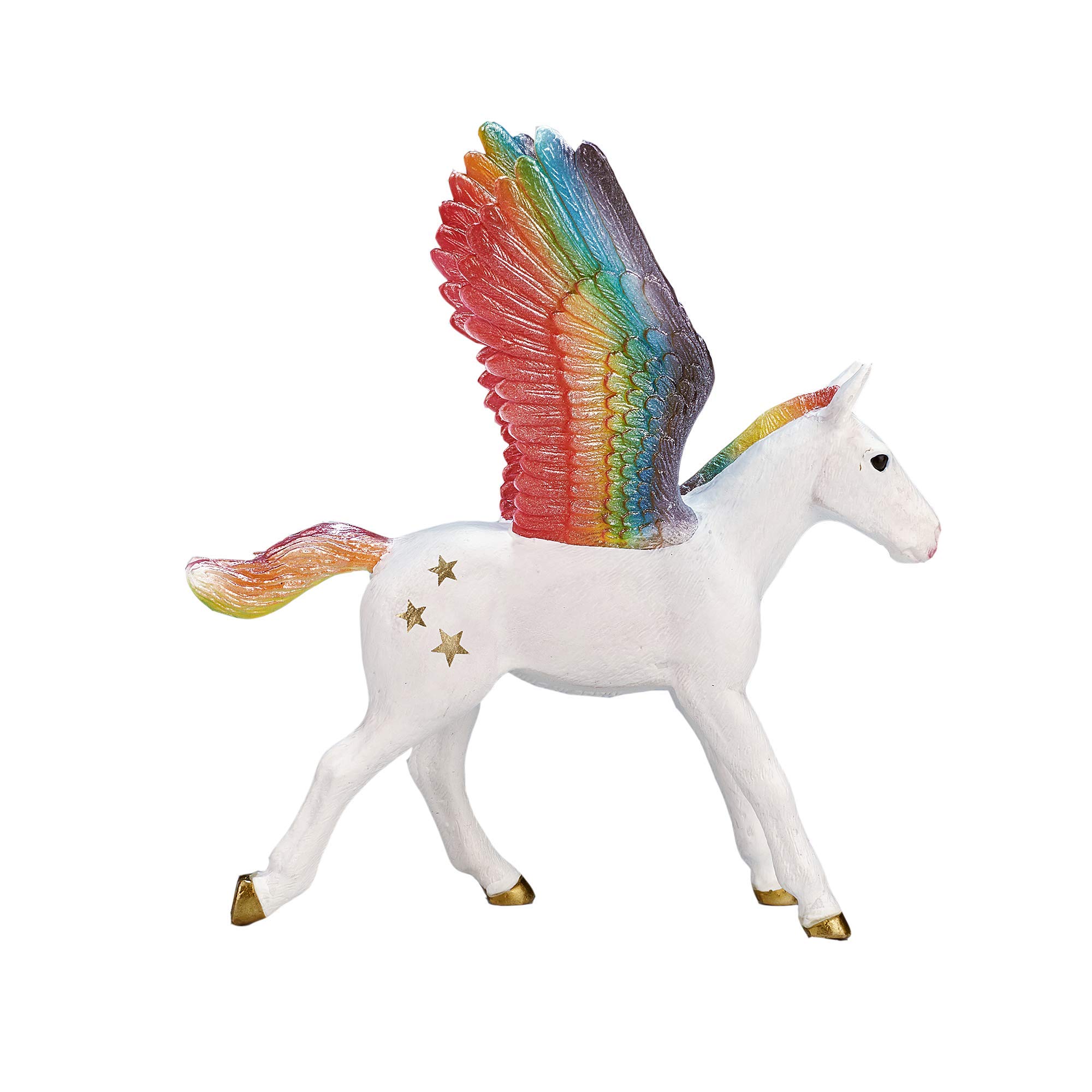Unicorns and Pegasus are two classic mythical beings often compared, but they have significant differences in appearance, folklore, and symbolism. Unicorns are portrayed as a horse-like creature with a single horn, whereas Pegasus is a winged horse with wings that resemble those of a bird. Unicorns are a symbol of purity, goodness and enlightenment, and their magical horn could heal diseases and purify water. Pegasus is associated with speed, inspiration and imagination, and is often linked with the god of the sun, Apollo. Both creatures remain popular in literature, film and the media today.
Unicorns vs. Pegasus: Two Classic Mythical Beings Compared
Throughout history, numerous mythical creatures have been popularized and celebrated by various cultures around the world. Two of these classic mythical beings that are often compared are unicorns and Pegasus. While they are both majestic creatures of fiction, there are significant differences in their appearance, folklore, and symbolism. In this article, we’ll explore these differences in detail.
Appearance
One of the key differences between unicorns and Pegasus is their appearance. Unicorns are generally portrayed as a horse-like creature with a single horn protruding from their forehead. The color of the horn and the coat can vary depending on the culture and mythology. They are often depicted with flowing manes and tails, and their hooves can be either silver or gold. In contrast, Pegasus is a winged horse with wings that resemble those of a bird. They are commonly portrayed as having white or light-colored fur and feathers, although other color variations have also appeared in art and literature.
Folklore and Symbolism
Another essential distinction between unicorns and Pegasus is their folklore and symbolism. The unicorn has been a popular figure in mythology since ancient times, appearing in the legends of Persian, Egyptian, and Greek cultures. They were often seen as a symbol of purity, goodness, and enlightenment. According to legend, the unicorn’s magical horn could heal diseases and purify water. In medieval times, the unicorn was often used in coat-of-arms and as a symbol of royal families.
Pegasus, on the other hand, has a rich folklore, particularly in ancient Greek mythology. According to legend, Pegasus was born out of the blood of the gorgon Medusa, and his wings were a gift from the god Zeus. Pegasus was known for his ability to fly at incredible speeds and his association with the god of the sun, Apollo. The winged horse was also a symbol of inspiration and imagination.
Usage in Contemporary Culture
In modern times, both unicorns and Pegasus have become immensely popular in books, movies, and other forms of media. Unicorns have been depicted in everything from children’s cartoons to adult fantasy novels, with their magical healing powers and symbolism of purity and goodness. Pegasus also continues to be a popular figure, appearing in everything from children’s books to big-budget Hollywood films like Clash of the Titans and Percy Jackson and the Olympians.
Conclusion
Overall, while unicorns and Pegasus share some similarities, they are undoubtedly two distinct mythical creatures with unique qualities and symbolism. Unicorns are often associated with purity, healing, and enlightenment, while Pegasus represents inspiration, imagination, and speed. Both creatures have captivated people’s imaginations for centuries, and they will likely continue to do so for many years to come.
